Meet Abbey. She’s a member of the RM community and she’s just published her first cook book – WITH an 8 month old baby on her hip. NBD. In Mindful Glow, she’s set out to share beautiful, flavourful recipes that also happen to be really good for you. The idea is that when you’re emotionally and physically satisfied after a meal, you won’t feel the need to go hog wild on the box of donuts that inevitably land on your desk at work.
So pleasure, folks, we need more of that. The rest will fall into place.
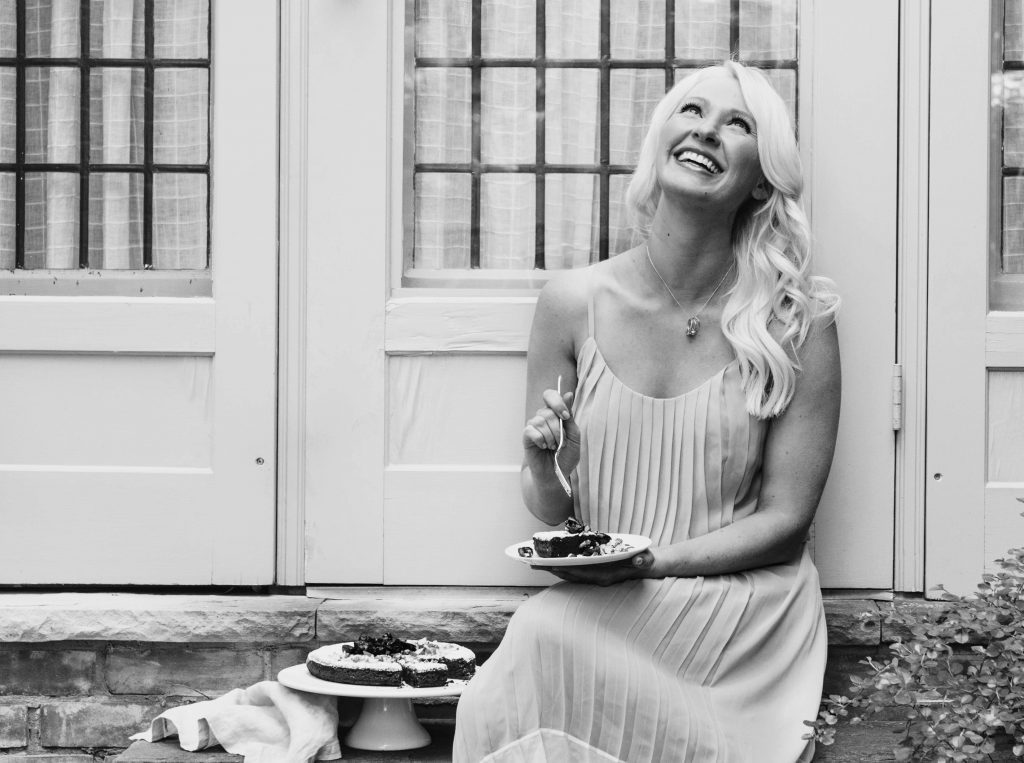
RM: As a dietitian, what is the most common issue that people come to you with in the new year?
Abbey: Most people want to lose weight, of course, because that’s what our diet-obsessed culture teaches us to do (or should at least, want to do). People generally want to be given a set of rules, a new “diet”, and a strict meal plan that they can follow to a T to watch the pounds just melt away. But as a professional I can tell you with absolute certainty that diets don’t work. Not just some diets. All diets. The research consistently proves it – across the board. In fact, the best predictor of overeating is restriction because we’re grown ass adults and don’t like being told what to do (even when we pay someone else, like a dietitian, to tell us what to do). It’s like when we were teenagers and our dad told us we absolutely cannot wear a tube top. Guess what we are DYING to do? Yep. Bust out the naval circa 1990.
Loosening the reins may seem really scary, but I walk you through the steps to help you get to a point where you can trust your body and stop obsessing over what is “good” to eat.
RM: What is one thing that we could ALL benefit from adding to our regular food repertoire?
Abbey: I would say the one thing we can all benefit from is pleasure. Thanks to diet culture (especially as moms where society has subtly and not-so-subtly suggested that our own needs and pleasures are supposed to take a back seat to legit everyone else’s), we have forgotten that food is one of life’s greatest pleasures. We’re taught that bread, cheese, wine, sugar, basically all of the BEST things in life, are “bad” and that we in turn are “bad” when we consume them. Um, no. Kicking a helpless puppy is bad, having carbs on your plate is not.
The reality is when we stop dichotomizing food as good and bad, when we take that moral value away from it, we start to notice the inherent deliciousness of naturally nourishing food.
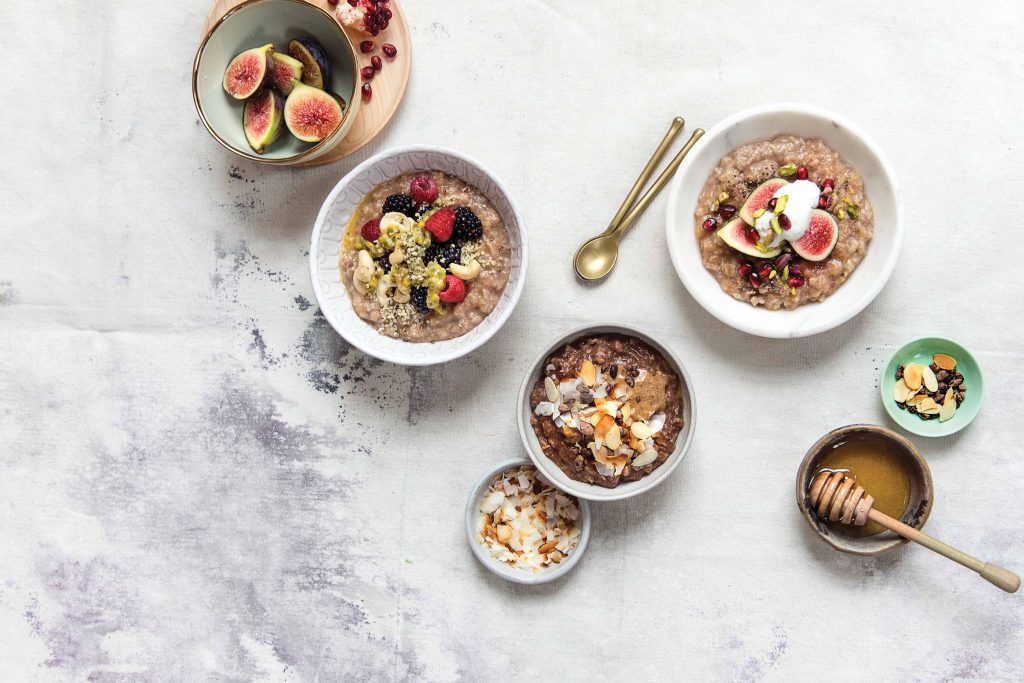
RM: People are now becoming unhealthily obsessed with eating healthy. What do you have to say about the phenomenon doctors have dubbed Orthorexia?
Abbey: Orthorexia is often defined as “righteous eating”. It’s different from other eating disorders, like anorexia and bulimia, in that the goal isn’t necessarily to lose weight. The goal is to eat as healthily as possible. I often call it “clean eating taken to an extreme”. The challenge with orthorexic behaviours, especially in today’s “wellness” obsessed world is that they’re starting to look “normal” on the outside – they’re often even celebrated! How long your cleanse has gone, or how well you stay in ketosis, or how strict you are with your vegan lifestyle – whether we realize it or not, we often see these as markers of moral superiority. And there is nothing wrong with wanting to eat healthy! This seems like a great goal for a lot of us. The defining characteristic, however, is when those behaviours become inflexible. When the thought of deviating from the “rules” starts to cause anxiety, and you miss out on things that are emotionally or physically fulfilling to you like spending time with family and friends, this is when we know we have a problem.
This is a topic that is near and dear to my heart as I suffered from Orthorexia, myself. As a young impressionable teenager, I took the advice of a holistic practitioner and cut out all sugars from my diet. What started out innocently as a desire to “feel better”, quickly spiraled into a completely irrational fear of food. I have never needed to lose weight, but I quickly lost about 50 lbs on my tiny frame. I was emaciated and while I was mortified at my small size, I was terrified of eating anything I deemed “bad”. This not only clearly impacted my physical health, but also had major emotional, and social implications.
We are seeing a huge uptick in cases of orthorexia with the birth of social media pictures of peoples “#fitspo” or “#cleaneats” populate our feed on the regular. It’s admittedly hard not to feel like you’re being bad when you haven’t had a vegan-keto smoothie bowl for breakfast or when you (*gasp*) sent your kid to school with a non-organic juice box. I’m on a mission with Mindful Glow to help women change that. Because we’ve got enough shit to worry about in our day.
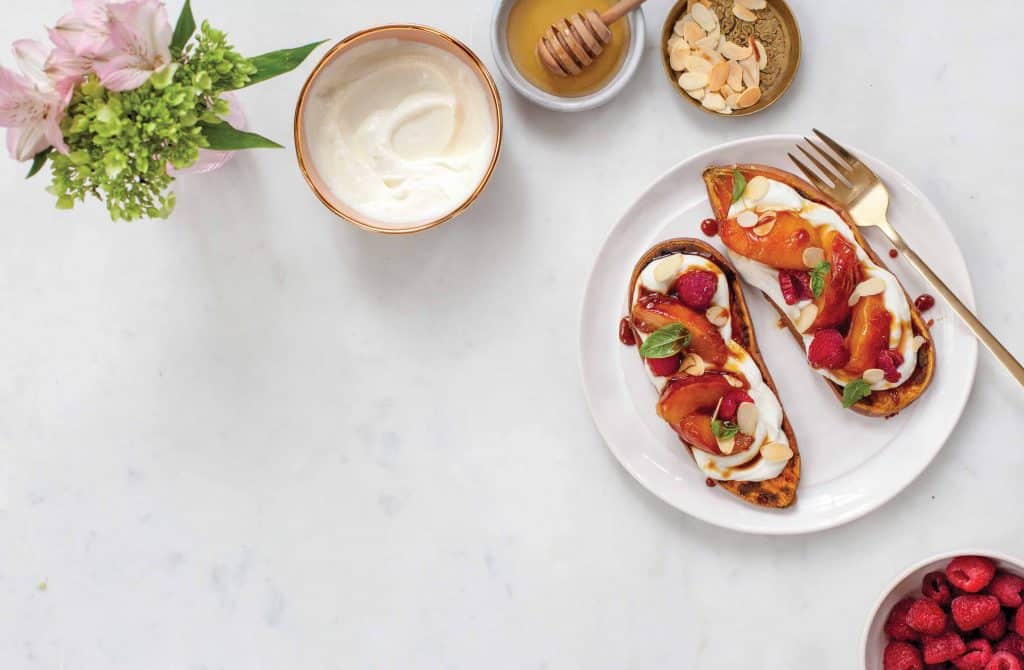
RM: What was the catalyst behind your decision to simplify your approach to food?
Abbey: Abbey’s Kitchen, my blog and brand, was essentially the catalyst for my recovery from Orthorexia. While I was studying to become a dietitian, a colleague recommended I start a food blog. This was well before blogging was even considered a legit hobby, never mind a profession, so I didn’t even know what a blog was. Regardless, being a total Type A personality, I googled “how to blog” and the rest was history. Once I started building a reputation, I was invited to a lot of restaurant parties, launches and events- none of which were serving the boiled chicken breasts and steamed vegetables sans salt I felt “safe” eating at home. I had to make a choice. Either I give up on something that was giving me a lot of purpose that I saw as a jumping off point to my career in media, or I let my eating disorder continue to control me. Terrified, I took the leap and seeing things on the other side helped shape my entire professional and personal approach to food.
RM: What are you doing at home to instill positive food attitudes in your kid?
Abbey: I want parents to know that picky eating happens. It’s not anything you’re doing wrong or a failure on your part to encourage a healthy relationship with food. It’s often just another one of the many phases we see our kids transition through. But there are a few things we can do to point our kids in the right direction when it comes to their long term attitudes.
Pay close attention to the way you talk about food in front of your kids (or ideally, how you talk about food, in general). Get rid of the dichotomous “this is a good food” or “this is a bad food” talk, and instead, just neutralize it. Food doesn’t hold moral value. A doughnut is no different than a stalk of broccoli.
Second, get rid of the clean plate club and the “staving kids in Africa” rhetoric. Kids are born with an innate ability to moderate their eating based on their true hunger and satiety cues – we see it when they push away from the breast or bottle as early as day one. But we start to teach our kids that their innate body wisdom isn’t valid when we force them to finish what’s on their plate. According to pediatric feeding expert Ellyn Satter’s Division of Responsibility in Feeding (google it, it may save your sanity as a parent!), our job as parents and nutritional gatekeepers is to determine what, where and when a child is fed, and a child is responsible to decide how much and weather to eat those foods.
Third, I’m planning to try to get my kid involved and excited about food in any way I can. I’ll take him to the grocery store, get his help preparing meals, and let him pick out a few items at the market for him to explore. Kids are much more likely to try new things when they had a hand at selecting and making them.
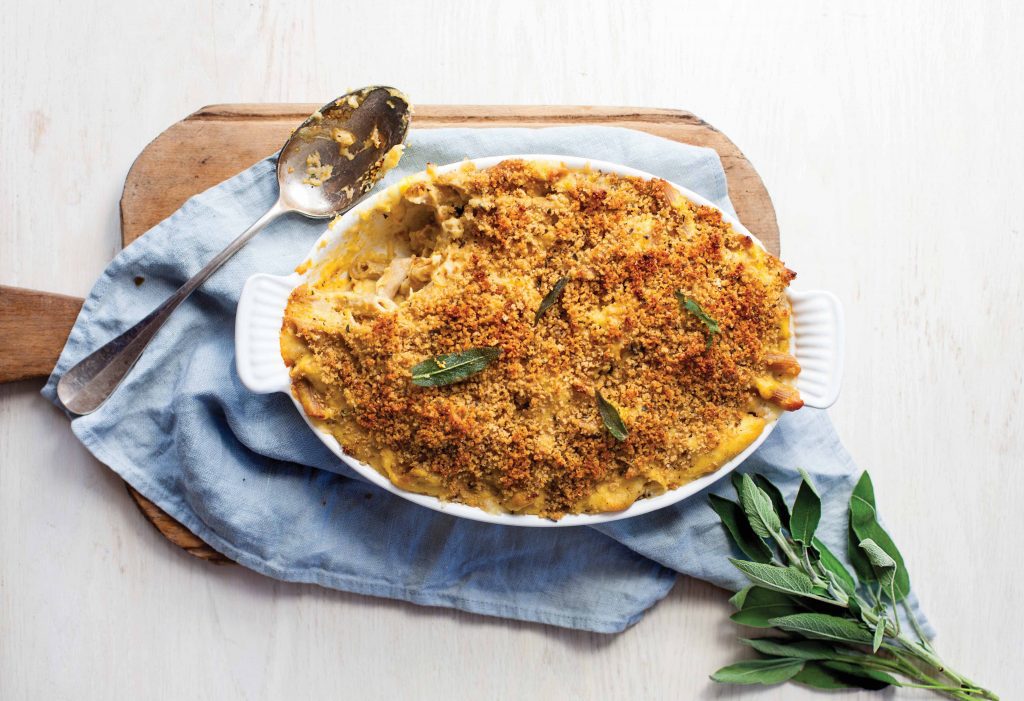
*
We recently appeared on Abbey’s YouTube channel on a segment called
THE RIDICULIST and had ourselves a little mama rant on all our pet peeves – CHECK IT OUT!
Keep up with Abbey on Instagram and Facebook
And check out her new cookbook,
THE MINDFUL GLOW
*
If you like what we’re doing, join us on:
INSTAGRAM, TWITTER, and FACEBOOK
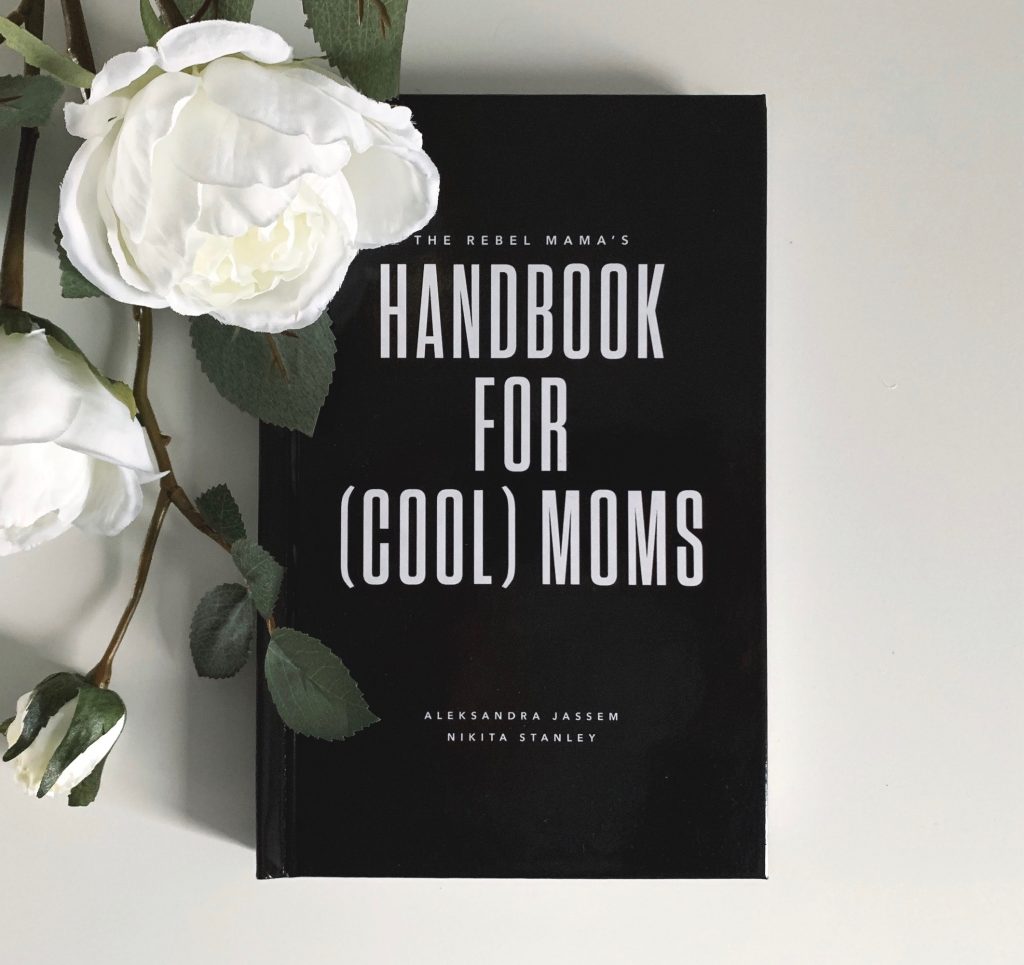

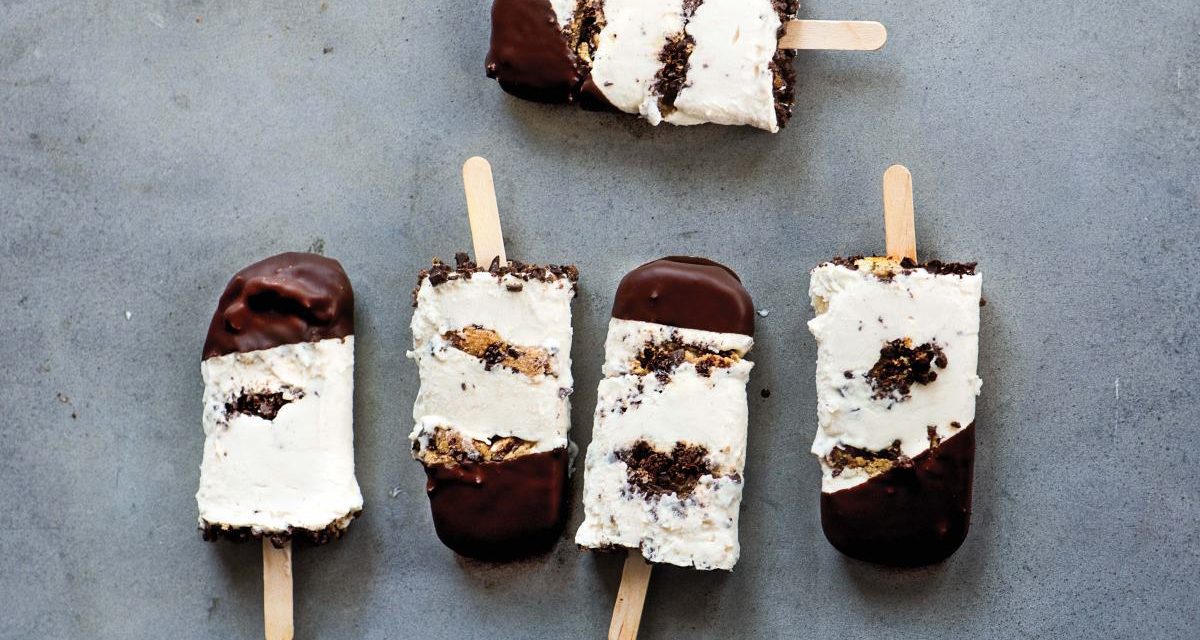
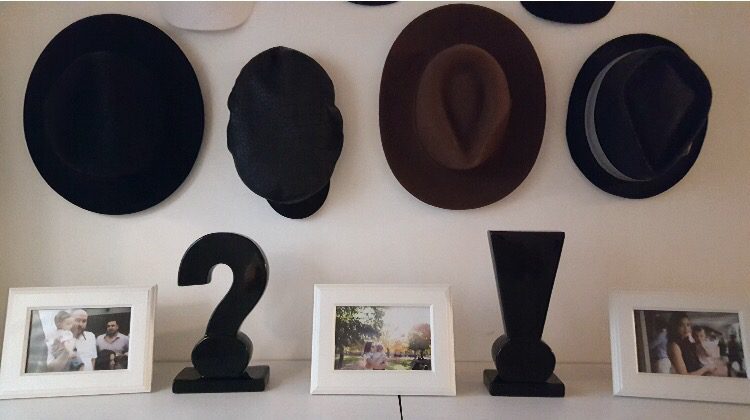
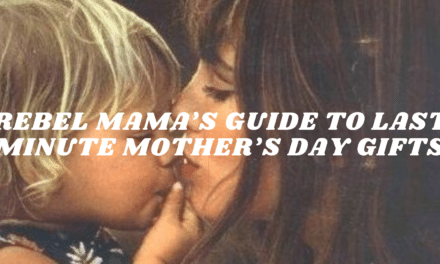

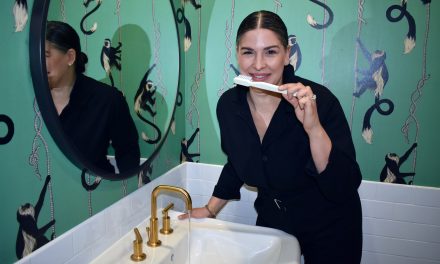
From Our Comments